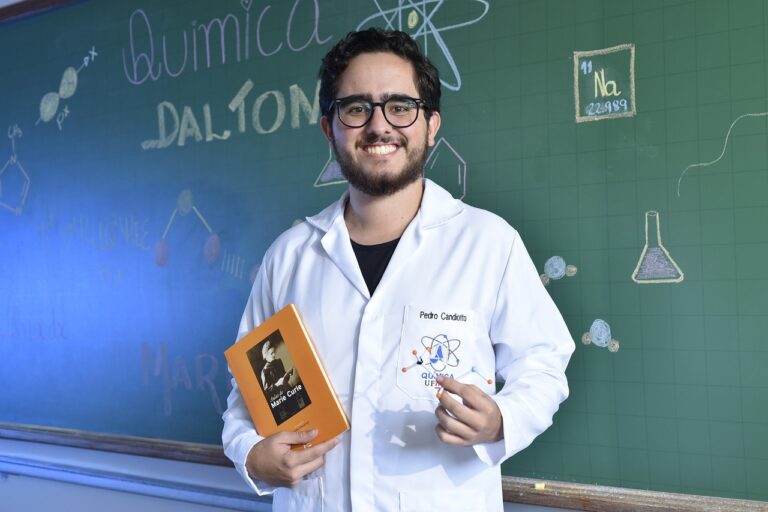Leveraging Virtual Laboratories for Science Education
Virtual laboratories offer a unique opportunity for students to engage in hands-on learning experiences without the constraints of physical laboratories. Through interactive simulations and experiments, students can explore scientific concepts in a safe and controlled environment. This enables them to practice and apply their theoretical knowledge in a practical setting, reinforcing their understanding of complex scientific principles.
Furthermore, virtual laboratories provide flexibility and accessibility to students, allowing them to conduct experiments at their own pace and convenience. This is particularly beneficial for distance learners or those with limited access to traditional laboratory facilities. By transcending geographical barriers and time constraints, virtual laboratories open up new avenues for students to explore and immerse themselves in the world of science.
How Virtual Laboratories Enhance Hands-On Learning
Virtual laboratories have revolutionized the way students engage with science education. By providing a simulated hands-on experience, these virtual labs offer a practical way for students to apply theoretical knowledge. Through interactive experiments and simulations, students can develop critical thinking skills and deepen their understanding of scientific concepts.
One of the key advantages of virtual labs is the ability to conduct experiments in a safe and controlled environment. Students can explore various scientific phenomena without the risk of accidents or the need for expensive equipment. This hands-on experience allows students to make mistakes, learn from them, and refine their problem-solving skills, all while fostering a deeper appreciation for the scientific process.
Increasing Access to Science Education Through Virtual Labs
As technology continues to advance, the use of virtual laboratories is playing a crucial role in expanding access to science education. These digital platforms provide students with the opportunity to engage in hands-on learning experiences that may not have been possible otherwise. This accessibility allows individuals from diverse backgrounds, regardless of their geographic location or economic resources, to participate in meaningful scientific experiments and activities.
Moreover, virtual labs offer a flexible learning environment that can accommodate various learning styles and skill levels. Students have the freedom to explore and experiment at their own pace, fostering a deeper understanding of scientific concepts. This increased accessibility to science education through virtual labs also encourages collaboration and communication among students and educators, creating a dynamic and interactive learning experience that transcends traditional classroom boundaries.





